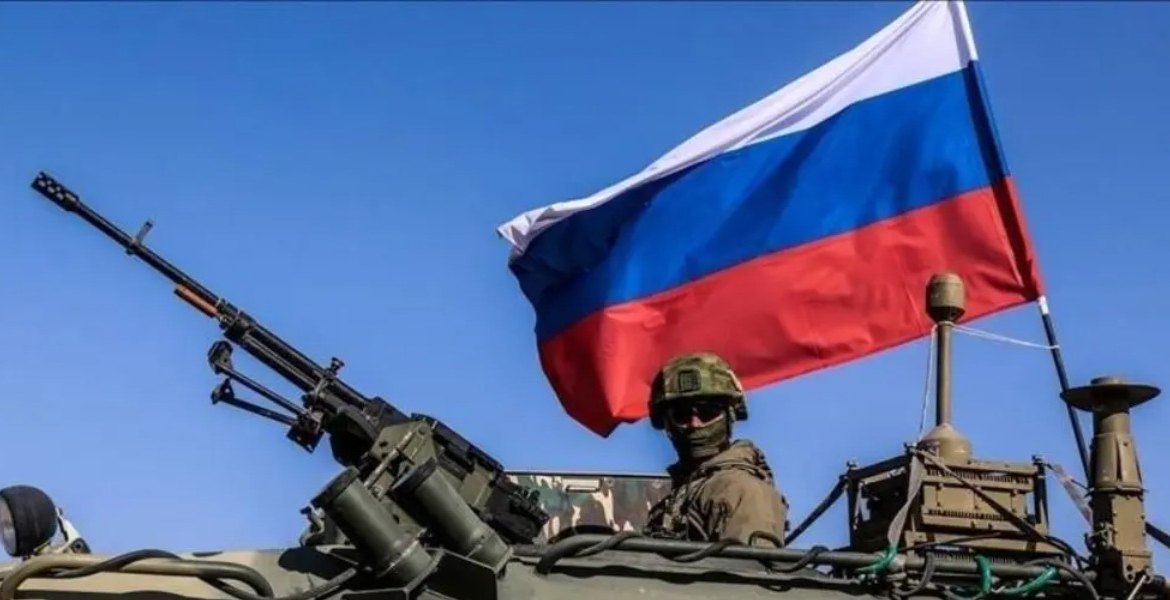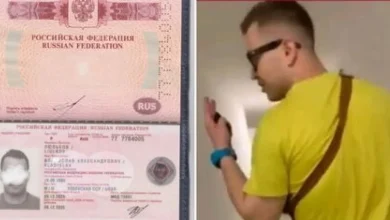Kenyans Forced into Russian Military Through Fake Job Offers

Dozens of foreign nationals, including Kenyan and South Asian citizens, have been conscripted into Russia’s military under deceptive employment schemes that promised civilian work but led to frontline deployment.
In Kenya, investigations have revealed a recruitment network that misled young men with offers of well-paid jobs in Russia. Recruits were initially processed in Nairobi, where medical checks were carried out and temporary accommodation arranged in Kiserian. They were later moved to a facility along Mombasa Road before being flown to Russia via Turkey on tourist visas.
Upon arrival in St. Petersburg, the recruits’ passports were confiscated, and their biometric data collected. They were then transported to a remote location and presented with lengthy contracts written in Russian. These documents, in effect, enlisted them into military service.
Those who refused to sign were threatened with financial penalties exceeding one million Kenyan shillings. Some were pressured to repay partial amounts through agents operating in Kenya.
Several of the individuals were later deployed to active combat zones in the Russia-Ukraine conflict. Reports have emerged of injuries and deaths, but there has been little official communication from Russian authorities.
Families in Kenya, including one in Thika, say they last heard from their relatives months ago and have since received no updates. Efforts to obtain information from the Kenyan Embassy in Moscow have reportedly made little progress.
Legal proceedings are ongoing in Nairobi, where individuals linked to the recruitment scheme face charges of human trafficking and unlawful military enlistment. The case is currently being heard at the Kahawa Law Courts.
In India, the case of Sahil Majothi, a 22-year-old student from Gujarat, has raised similar concerns. Majothi travelled to Russia for academic purposes but was allegedly forced into military service after a disputed drug-related arrest. In a video released by Ukraine’s 63rd Mechanised Brigade, he claims he was given the choice between a prison sentence and joining the Russian army.
He reportedly received just 15 days of training before being sent to the front, with no pay as promised. India’s foreign ministry has confirmed it is investigating the case. Ukrainian authorities have not yet issued a formal response.
Local police have questioned Majothi’s family, while community leaders have called on the central government to secure his release. His mother said she hopes for his safe return, stating, “My son went to study. Now, I just want him to come home alive.”
Nepal has reported at least 14 of its citizens killed while fighting for Russia. Many had been recruited online with promises of high wages and citizenship. The government in Kathmandu has demanded an immediate end to such practices, which it says are based on false information and coercion.
Similar cases have been reported in Sri Lanka, Uzbekistan, and other African countries. Some individuals were told they would serve in support roles, while others were recruited directly from detention centres. Human rights groups say the tactics violate international standards and target vulnerable populations, including students, job seekers, and individuals in legal trouble.
India has recorded more than 150 of its citizens drawn into the conflict, with at least 12 confirmed dead and 16 missing. In September, the Indian government formally requested the release of 27 citizens currently serving in the Russian armed forces and warned the public against accepting such offers.
“These offers are dangerous and life-threatening,” a foreign ministry spokesperson said.





